|
My blog posts revolve around my interests and vocation as a historian: the intersection of history and contemporary church life, the intersection of history and contemporary politics, serendipitous discoveries in archives or on research trips, publications and research projects, upcoming conferences, and speaking engagements.
I sometimes blog for two other organizations, the Canadian Baptist Historical Society and the Centre for Post-Christendom Studies. The views expressed in these blogs represent the views of the authors, and not necessarily those of any organizations with which they are associated. |
|
I am embarrassed to say the provenance of this church bulletin is uncertain. I can't remember if I purchased it at a used book store, or found it in a box of family mementos. Nevertheless, I share it here as a fascinating artifact of a by-gone imperial age.
I have spent the last twenty years doing research into late-nineteenth and early-twentieth century visions of empire among the Canadian Protestant churches. I had not heard of the Most Noble Order of Crusaders until I found this bulletin a few years ago. Since that discovery I started looking for information on the organization, but with no luck. Recently, however, if found an article by Mike Horswell entitled "Crusader Medievalism and Modernity in Britain: The Most Nobel Order of Crusaders and the Rupture of the First World War, 1921-49," Studies in Medievalism 25 (2016): 19-27. It is a helpful description of the Order's aims and organization. However, there is still no research on the Order in Canada...
0 Comments
Serendipity: "Red Network in Ontario": Watson Kirkconnell's Web of Communist Organizations4/26/2020 I frequently find surprising items in my trips to archives - items completely unrelated to my original research aims. Here is one example from the archives at Acadia University.
Watson Kirkconnell - professor and university president - was well-known as an ardent public critic of communism, as well as a not-so-well known covert anti-communism crusader. (see my chapter on his covert actions) The document was found folded in a box of files related to Kirkconnell. The chart provides a fascinating visual of how Kirkconnell viewed the spread of communism in Canada. Thanks to Pat Townsend (archivist) for pointing me to the pile of Kirkconnell boxes! I frequently find surprising items in my trips to archives - items completely unrelated to my original research aims. Here is one example from a Canadian religious newspaper from 1933. If you love numbers games - this contest is a dream come true. For the rest of us, it seems like a math nightmare!
The text is a bit fuzzy. The object of the contest is to tally up all the numbers in the church and the surrounding property to come up with the total cost of furnishings. (Image from the United Church Archives, Toronto) I frequently find surprising items in my trips to archives - items completely unrelated to my original research aims. Here is one example from a Canadian religious newspaper from 1934. We often think addressing "mental health" is a new phenomenon, but apparently not.
(Image from the United Church Archives, Toronto) 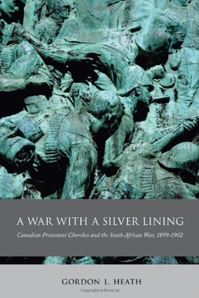 I recently gave a lecture at the Royal Canadian Regiment Museum on the subject of my book A War with a Silver Lining. For Podcast click here. Is it the end of the world? Certainly times are tough, for alongside threats of climate change, economic downturn, and war in various hotspots around the planet, there is a global pandemic killing way too many people, causing widespread grief, and striking fear into the hearts of billions.
For some, the world has never faced such a cascade of woes, and they are convinced such terrors are a sure sign of the end of times. But are they? They could be. But not necessarily. If hard times are the sign of the end times, then perhaps we are not yet there, for the world has seen much worse. Consider a recent book that I have read by Geoffrey Parker entitled Global Crisis: War, Climate Change & Catastrophe in the Seventeenth Century (YUP, 2013). The seventeenth century was a terrible century in human history. Yes, there were advances in science, philosophy, religion, etc., but in terms of human suffering it was an annus horribilis on a grand scale over generations. It was a perfect storm of global cooling, revolution, famine, war, and the breakdown of government. One seventeenth-century commentator in Spain expressed what many were thinking: “Sometimes providence condemns the world with universal and evident calamities, whose causes we cannot know. This seems to be one of the epochs in which every nation is turned upside down, leading some great minds to suspect that we are approaching the end of the world.” (xxiv) The disasters were truly global, with tens of millions suffering and dying across the nations of Europe, India, China, Japan, Africa and the Americas. It was what led Thomas Hobbes to write his famous words “the life of man [was] solitary, poor, nasty, brutish and short.” My point is not to downplay the seriousness of the pandemic. It is serious and tragic. My point is also not to deny the hope offered by the promised second coming of Jesus, a central confession of all Christian traditions that provides comfort in a world that may seem to be spinning out of control.[1] My aim is merely to provide some perspective in the midst of gloom and doom reports, and especially in light of what some fear-mongers are saying about how the horrible times “proves” the end of the world is nigh. Such fear is debilitating, anxiety producing, and contagious. But there is a way to immunize oneself against such fear: read some history. Not all history is enjoyable – and the Global Crisis: War, Climate Change & Catastrophe in the Seventeenth Century is certainly not pleasurable bedtime reading – but the more you read, the more you become immunized against the words of fear-mongers and false prophets. Consider reading such works to be “getting your shots” – a bit of pain now to save yourself from more pain in the future. [1] See the Apostles’ Creed and the Nicene Creed. The leadership of the Canadian Baptists of Ontario and Quebec (CBOQ)[1] recently announced it was postponing its annual Assembly. There is a sense of déjà vu around the decision, for this was not the first time such a decision was made.[2]
Just over one hundred years ago, Canadians – and indeed the world – faced the terrors of a global influenza epidemic (the “Spanish Flu”) that killed up to 50 million people between 1918-1920. Locals churches and denominations struggled with how to respond with faith, charity, and wisdom in the face of a deadly virus. The pages of the Canadian Baptist, the weekly CBOQ denominational paper, provide a glimpse of the impact of the epidemic on church life. The announcement of postponement was made in October 1918,[3] with notice that the meeting would be held at Jarvis Street Baptist, Toronto, in January 1919.[4] It was a matter of social distancing to curtail the spread of the disease. In the midst of suffering, many churches responded to the needs of communities. Consider the following November report from a local church in Niagara that provides a sense of the church’s sacrifice as well as the risks associated with ministering in the midst of a highly contagious and deadly disease: "Niagara Falls, Jepson Street, (Rev. Owen C. Gray, Pastor.) Sunday. Nov. 10th, We reopened our church, closed for four Sundays because of the influenza epidemic. Through the suggestion of our pastor, our trustees offered the use of our church building to the Board of Health as an emergency hospital. It was gratefully accepted and proved a boon to the city, saving many lives through these weeks. Our pastor and his wife were indefatigable in visiting the sick of our membership and assisting in the hospital work. Both were taken down with the sickness, but are now recovered, and our pastor was able to take the services."[5] In the same issue the obituary section had eight deaths reported, five of which were due to what was called the “malignant scourge, Spanish Influenza.”[6] As an aside, the same issue also had an advertisement for an influenza cure called “Dr. Williams’ Pink Pills.”[7] Churches grappling with how to respond to the COVID-19 pandemic can gain some wisdom and even inspiration by looking back to similar times. They can also act confidently knowing that there are helpful precedents to draw upon during difficult times. A sense of déjà vu can also provide some hope, for the church has seen this before and survived. [1] One hundred years ago the denomination was called Baptist Convention of Ontario and Quebec. [2] For a look at the Maritime Baptist experience, see Taylor Murray's blog at the Canadian Baptist Historical Society website.. [3] “Convention Postponed,” Canadian Baptist,” 17 October 1918; “A Distinct Loss,” Canadian Baptist, 24 October 1918. [4] “Convention in January,” Canadian Baptist, 14 November 1918 [5] “From the Churches,” Canadian Baptist, 21 November 1918. [6] “Obituaries,” Canadian Baptist, 21 November 1918. [7] “The After Effects of Dreaded La Grippe,” Canadian Baptist, 21 November 1918. By the early 1520s, Martin Luther (1483-1546) was a famous theologian in a new university at Wittenberg. He had achieved what most professors long for; adoring students, over-flowing classes, best-selling written works, rock-star status among the German populace, and a continent-wide reputation for innovative reforms. Love him or hate him, he had become one of the most important intellectuals of his day, rivalling and perhaps even dethroning the great Desiderius Erasmus.
Like many professors he had countless responsibilities, and his fame added to the burdens of his daily regimen. What could have killed him was the plague that struck in 1527. A pastor named Johann Hess wrote him for advice on whether or not Christians could flee from the plague, and Luther eventually responded. And in his response there are a few lessons for professors today. First, Luther actually responded. As many professors in theological education know, the pressures to stick with our research agenda are compelling. Academic administration and the guild in general usually look down on “popular” writings, only crediting academic research and writing for advancement. Yet Luther took the time to write an extensive response entitled Whether One May Flee from a Deadly Plague (1527). Luther was a famous professor, but he was also a pastor who cared deeply for his flock. He not only took the time to write the pastor (and have the work published so all pastors could read it), he and his wife Katharina risked their lives to care for plague victims in their house. Second, his advice took into account the frailties of the human condition. He urged leaders not to abandon their responsibilities, but he also recognized that not all were of equal faith; some were weak, and some were strong, and the weak could flee if they made arrangements for their flock. One size did not fit all, and there was to be no arrogant looking down at the weak of faith, for the strong were commanded not to condemn the weak of faith: "If someone is so strong in faith, however, that he can willingly suffer nakedness, hunger, and want without tempting God and not trying to escape, although he could do so, let him continue that way, but let him not condemn those who will not or cannot do the same." With his iconic status as the “Germanic Hercules” secure, Luther could have easily damned lesser mortals for their frailties and fear in the midst of the dangers, but he refused to look down at those who were anxious. Not known to many was Luther’s struggles with depression, and no doubt the realization of his own frailty made him compassionate of others' struggles. He also recognized the Bible’s teaching on the “stronger and weaker brother/sister” (Romans 15:1). In these days of ongoing uncertainty and anxiety over the COVID-19 pandemic our students have ranges of fear and anxiety, many are bold and brave while others fearful and paralyzed. Luther’s example for us today it to take the time from our research to address the needs of our students, and, when necessary, to show humility, flexibility, and grace for those who find the situation unbearable. |
Archives
May 2024
|
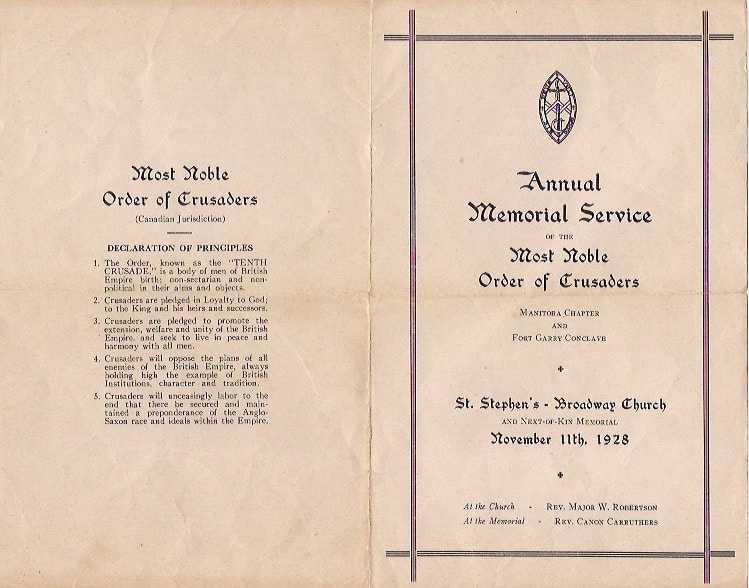
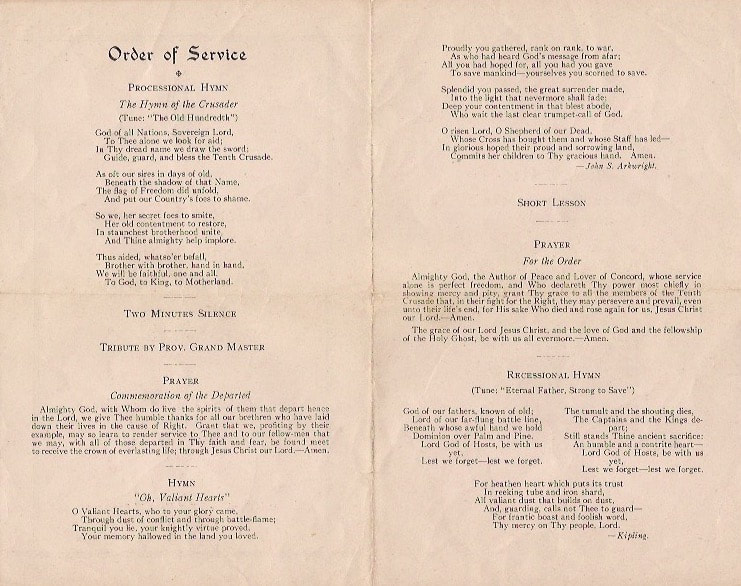
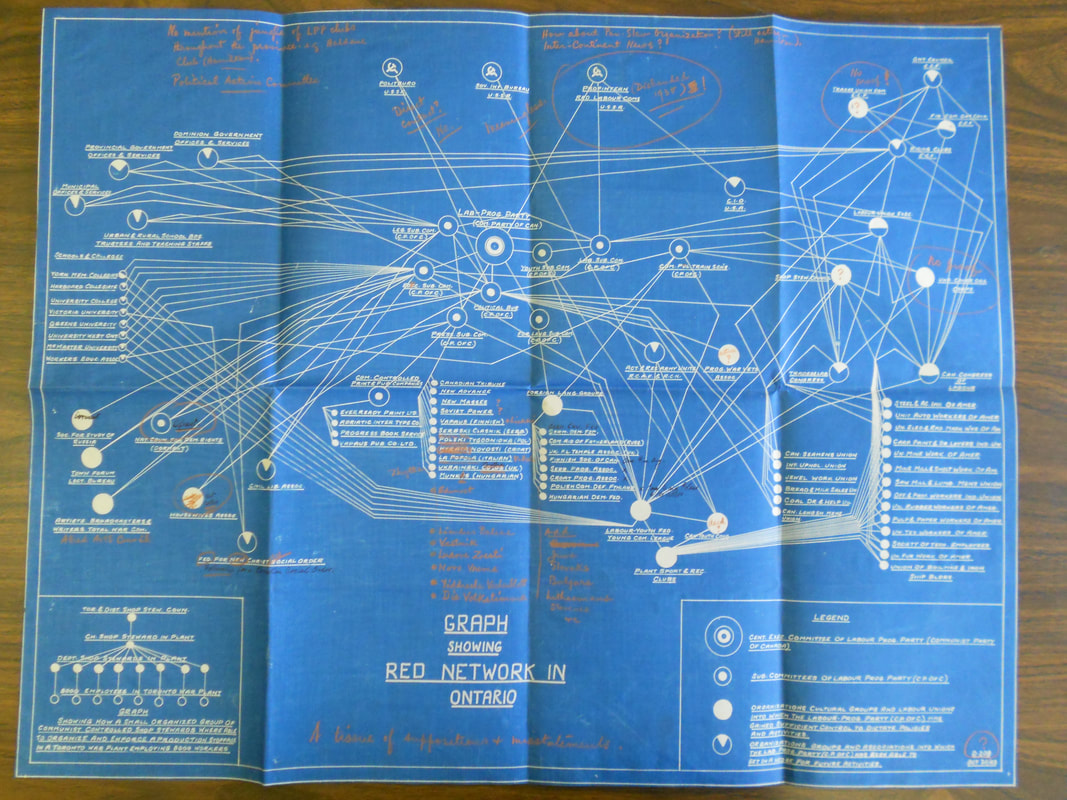
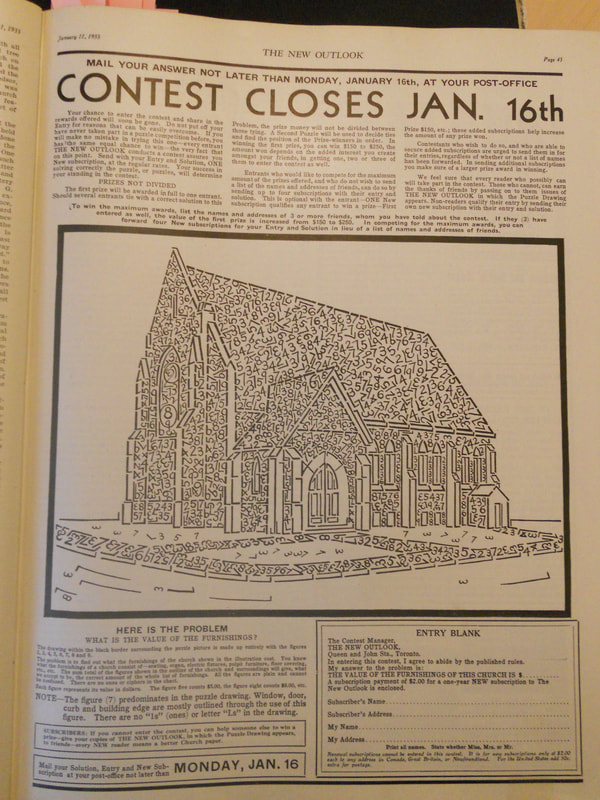
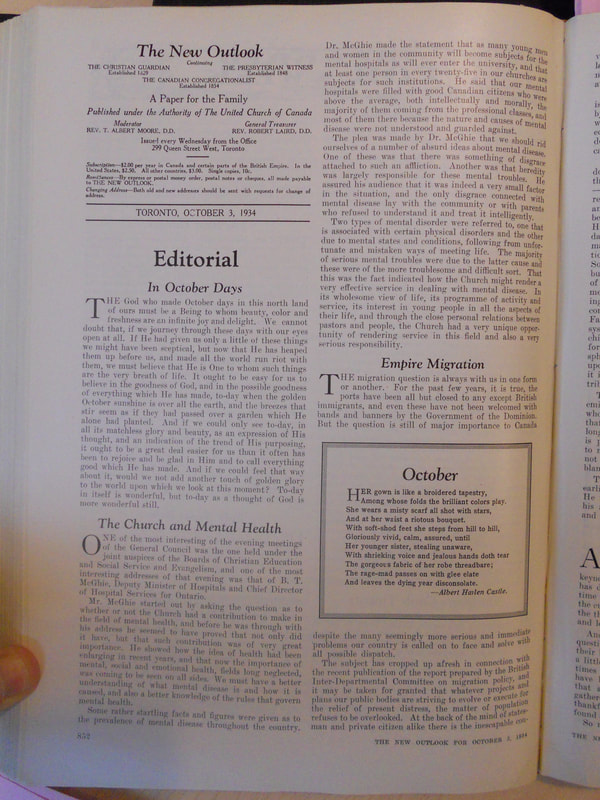
 RSS Feed
RSS Feed
